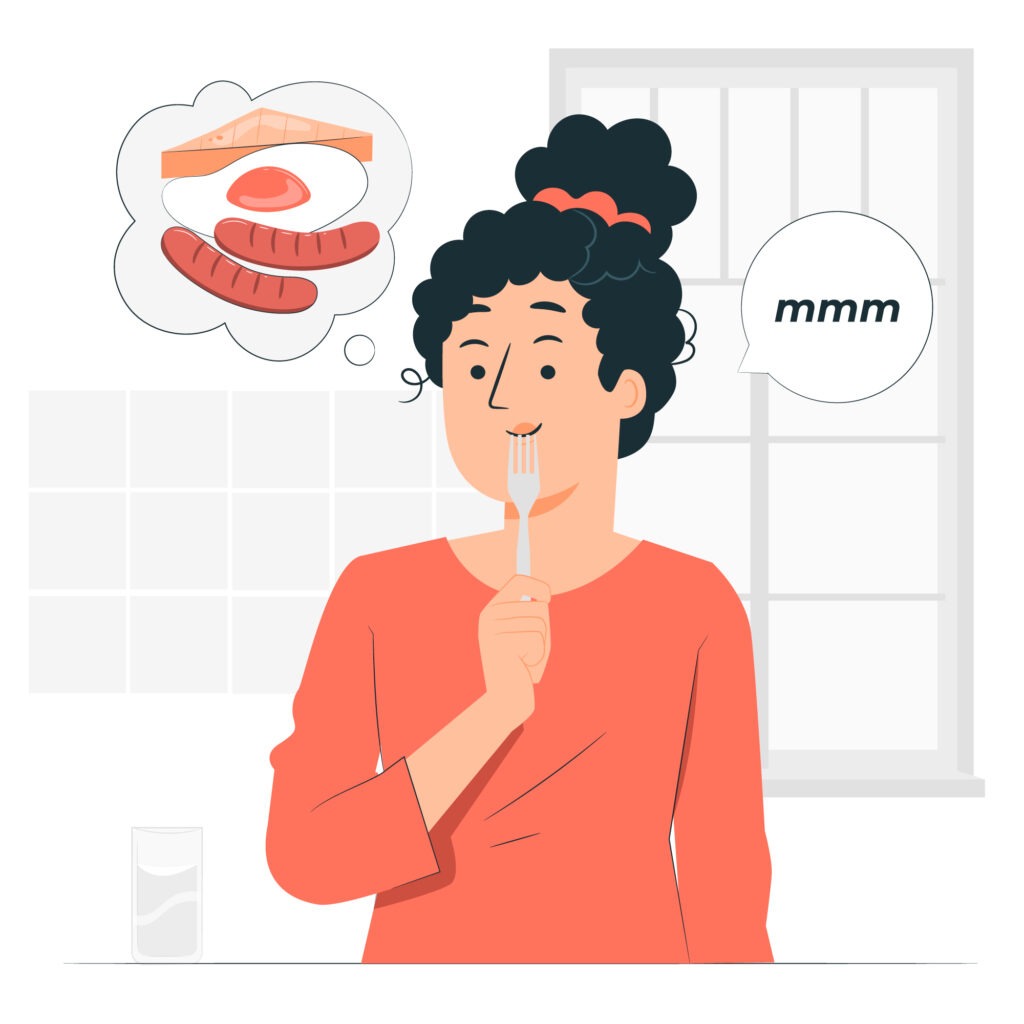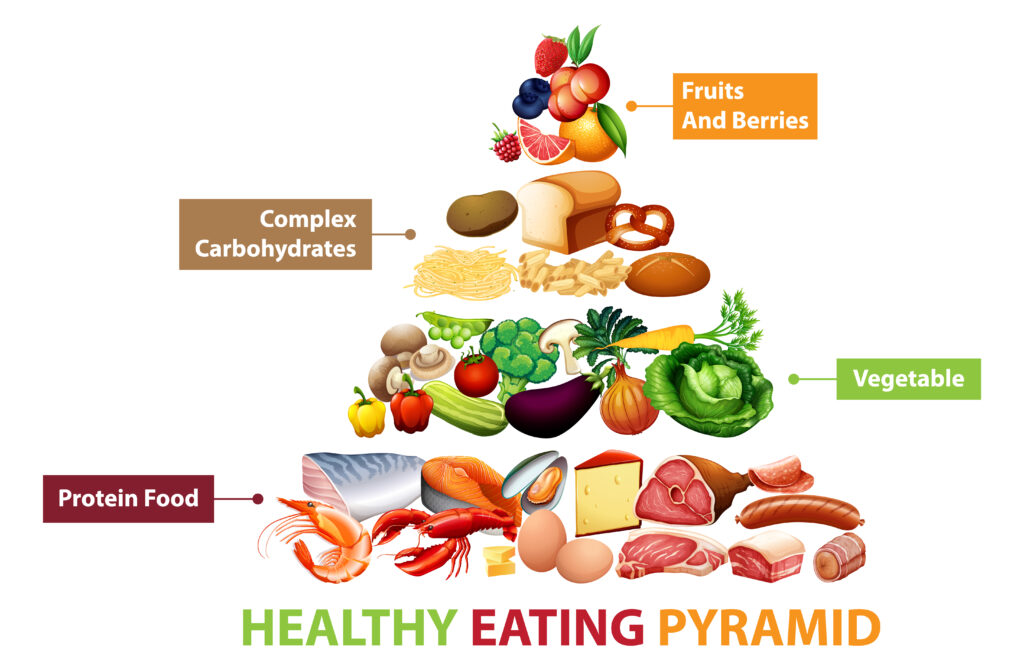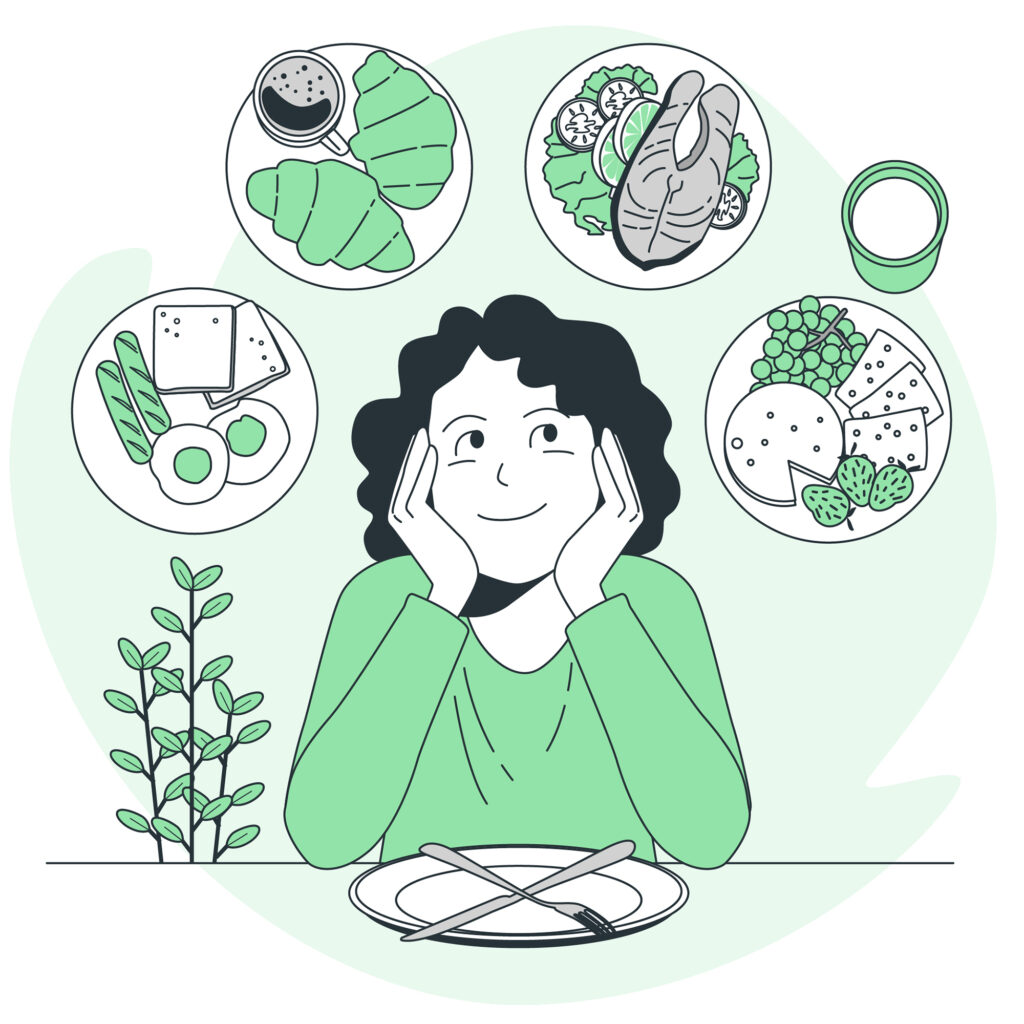Cravings for specific foods can be powerful and hard to resist. Understanding the science behind these cravings is essential for better control and improved eating habits. In this blog, we’ll explore the underlying factors of cravings and offer strategies to manage them.

The Brain and Cravings:
Cravings often originate in the brain, specifically in the reward and pleasure centers. Research has shown that neurotransmitters like dopamine play a significant role in this process. A study published in “Nature Neuroscience” (Volkow et al., 2011) found that dopamine release is associated with food cravings.
Hormones and Appetite:
Leptin and ghrelin are two hormones that regulate appetite. Leptin signals fullness, while ghrelin stimulates hunger. A research paper in “The New England Journal of Medicine” (Cummings et al., 2004) explains their impact on cravings and eating behavior.

Emotional and Psychological Factors:
Emotions, stress, and psychological factors can also trigger food cravings. A study in “Appetite” (Epel et al., 2001) found that chronic stress can lead to increased cravings, especially for high-calorie, comfort foods.
Nutrient Deficiencies:
Sometimes, cravings are your body’s way of signaling nutrient deficiencies. For instance, a lack of magnesium might lead to chocolate cravings. “The American Journal of Clinical Nutrition” (Drewnowski et al., 2013) discusses how nutrient deficiencies can influence food desires.
The Role of Food Marketing in Cravings:
Food companies invest heavily in creating foods that trigger them, often high in sugar, salt, and fat. A report by the “British Journal of Nutrition” (Monteiro et al., 2013) highlights the impact of food marketing on cravings.

Strategies to Control Cravings:
Mindful Eating: Being present while eating can help you better understand your cravings and make healthier choices.
Balanced Diet: Ensuring you get a variety of nutrients can reduce cravings driven by deficiencies.

Manage Stress: Techniques like meditation and deep breathing can help alleviate stress-related cravings.
Portion Control: Limit the availability of highly processed, calorie-dense foods in your environment.
Conclusion:
Cravings are a complex interplay of biological, psychological, and environmental factors. By understanding the science behind them and implementing strategies to control them, you can make healthier food choices and lead a more balanced lifestyle.




